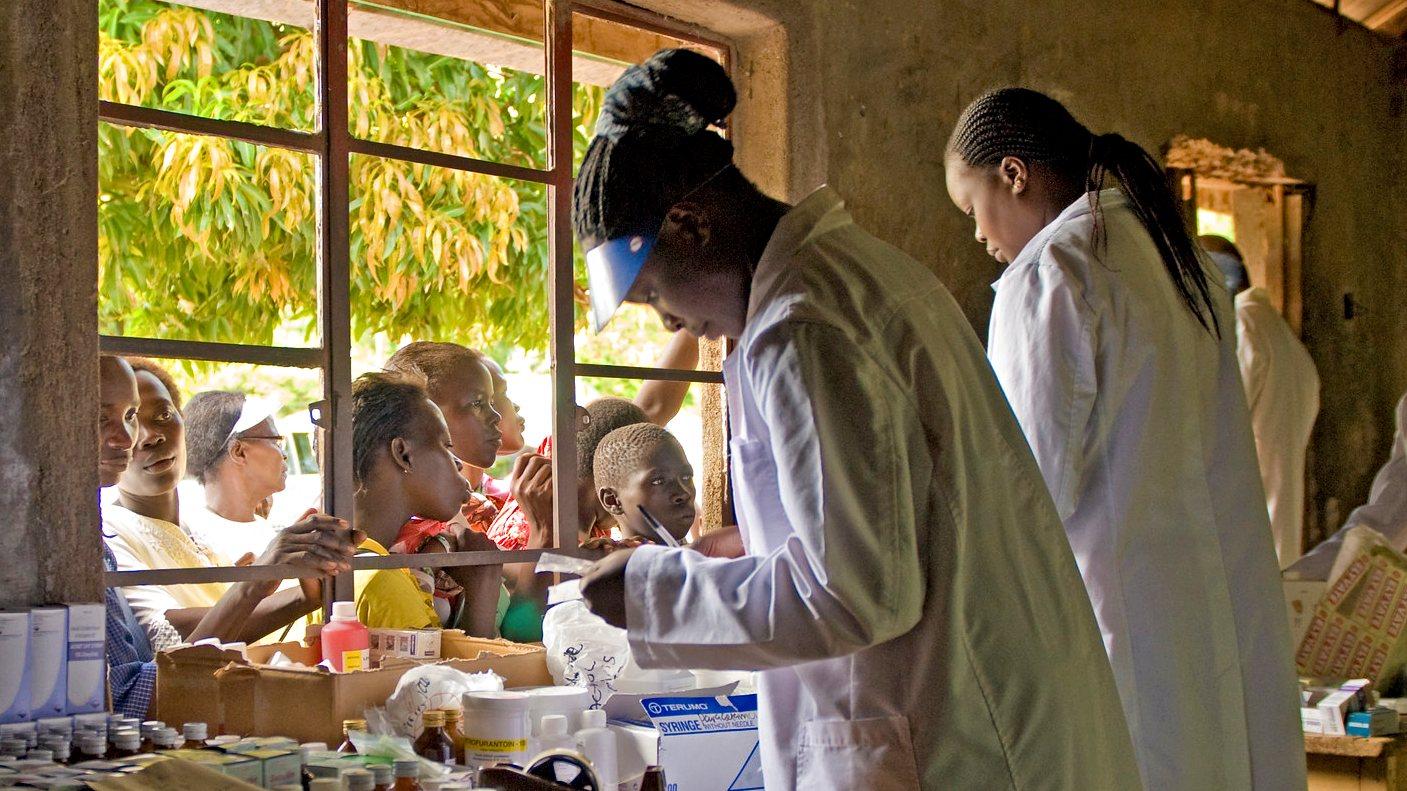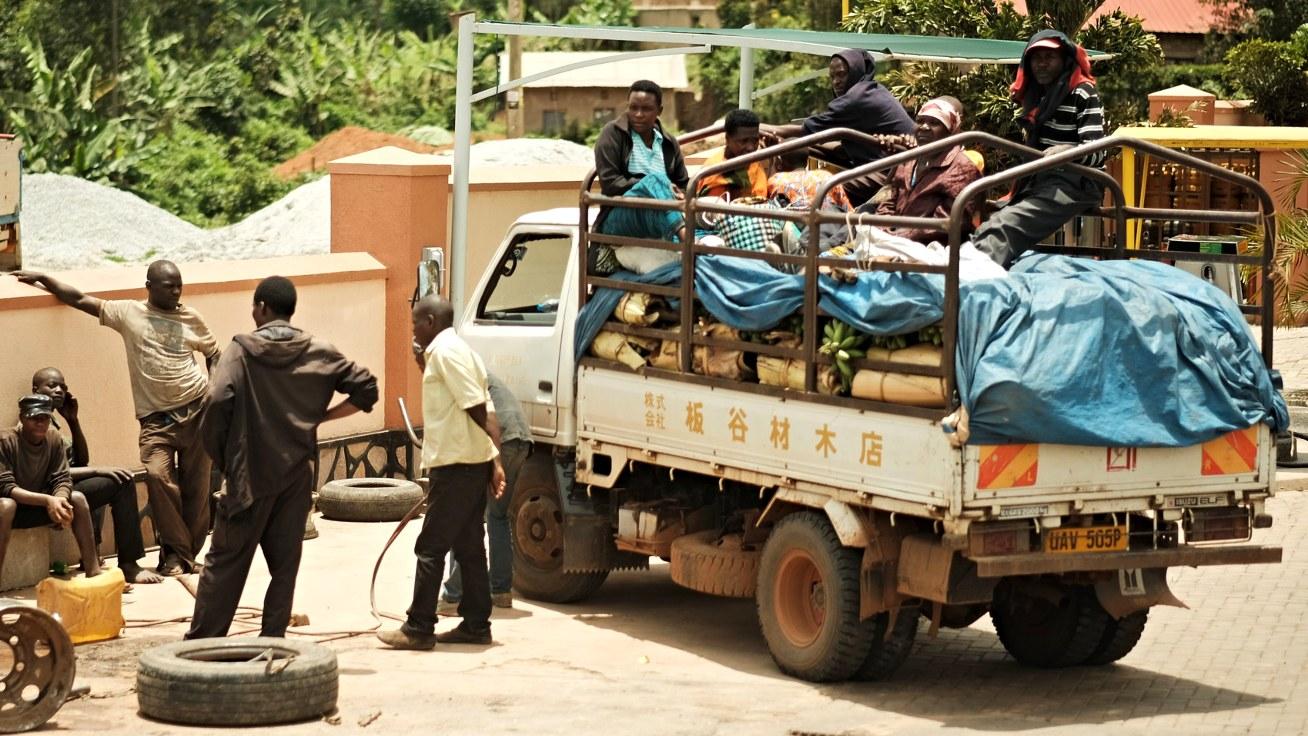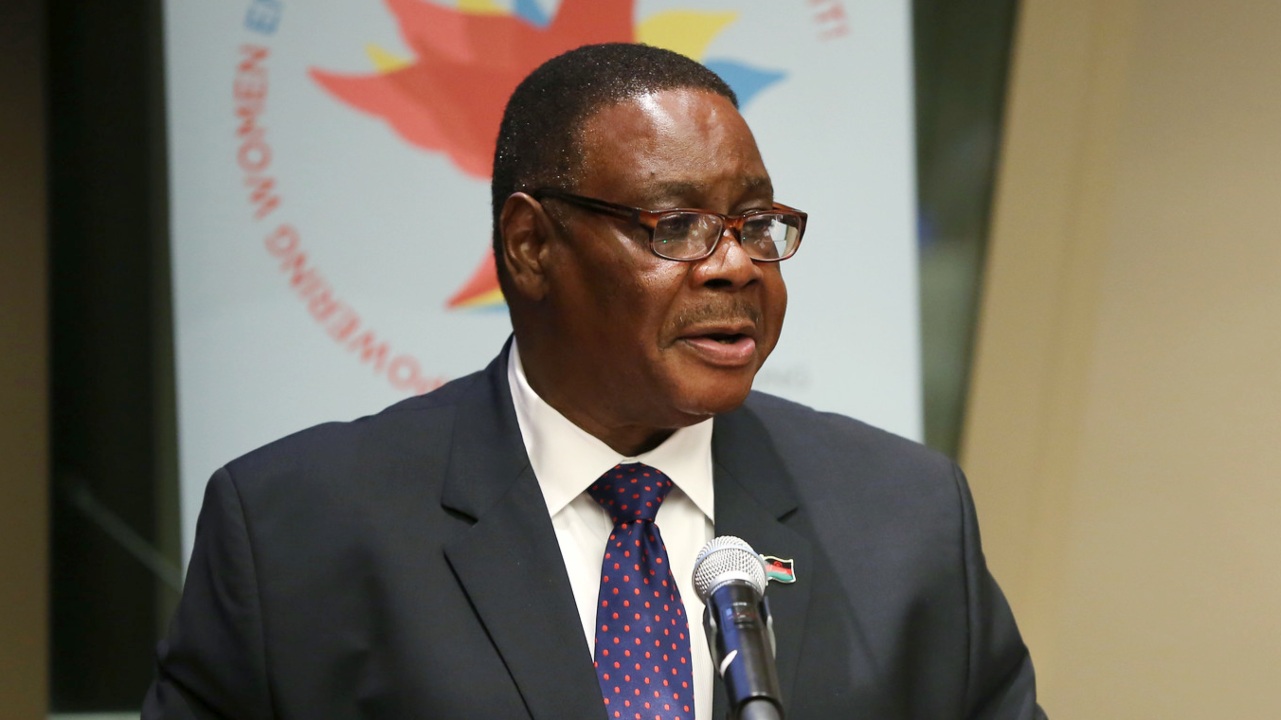The COVID-19 pandemic has refocussed research into local responses to global health campaigns and the complex relationships between individual and communal practices of care. Drawing on ethnographic work in Uganda, researchers at the LSE Firoz Lalji Centre for Africa argue that humanitarian responders should consider the impact of reifying the individual as the primary actor.
This post is based on research at the LSE project Localised Evidence and Decision-Making (LEAD) and Living the Everyday.
Responses to COVID-19 have emphasised the import of individuated action and personal responsibilities to prevent viral transmission. Across the globe, lockdowns and social distancing requirements have placed an onus on individuals to care for themselves and prevent the spread of viral transmission in communities. In many contexts, of which African borderlands are no exception, limited or absent state support amidst extensive restrictions has forced care onto individuals and families – and to provide for themselves during the crisis. In multiple ways, the era of COVID-19 calls for an exploration of how populations in crisis navigate obligations to self and other.
However, while the reification of the individual in processes of care has become particularly acute amidst the global panic of viral spread, such trends are not new. Often integral to (and infiltrated within) neoliberal policies adopted in African states and conflict-affected places where state structures are non-extant, they have been evident in public health interventions for decades. For example, in mitigating the spread of Ebola, West and Central African populations were forced to adopt lifestyle changes as individuals and families, often contravening communal practices. In the emerging field of Global Mental Health policy, psychotropic treatment is often pushed as a solution to mental distress, overlooking and silencing social ways of understanding and coping with affliction.
In a recent panel convened by the Association of Social Anthropologists, researchers at the Firoz Lalji Centre for Africa (FLCA) explored these questions in relation to COVID-19 and other humanitarian interventions. Through three presentations based on current fieldwork in northern Uganda, researchers explored how populations navigate individualistic public health interventions within the socio-economic worlds of obligation in which they are imbricated. Of interest was how ethnographic enquiry can make legible relationships between concepts of risk, abstracted clinical interventions and ever-changing familial and communal connections. As ethnographers, we were interested in the lessons we can learn about epidemic responses in the diverse contexts where people live out their everyday lives.
Uganda’s humanitarian response to accommodate displaced South Sudanese citizens has been strongly shaped by the framework of ‘self-reliance’ and ‘self-care’, mirrored in the frequent prescription of psychotropic medication in the refugee settlement Health Centres. Drawing on 13-months fieldwork in Palabek refugee settlement, Uganda, Costanza Torre explored the implications of psychiatric treatment in relation to communal practices of care amongst displaced populations.
Torre argued that, among South Sudanese refugees, notions of care largely translate into the possibility of providing and participating in community life and hardship. In dispensing psychotropic medicine that individualises social suffering and causes side-effects that prohibit individuals’ participation in local society, these approaches undermine local practices of care (both given and received) for South Sudanese refugees suffering from mental disorders. Building on scholars who have theorised psychiatric medications as embodied and hyper-individualising tools of care entrenched in a neoliberal political economy, Torre’s research examines these sensibilities in relation to provision in crisis.
Georgina Pearson explored tensions between self and other through understandings of, and responses to, hepatitis B in North West Uganda. Based on evidence collected in Arua and Moyo Districts of the sub-region, she explored how individualistic vaccination and testing campaigns invigorated communal fears towards the effects of HIV/AIDS. Drawing on the everyday worlds where West Nilers sought care, Pearson argued that, to manage ambiguities vis-à-vis transmission and the progression of hepatitis B, people invoked prior collective experiences – and failures of care – in relation to a previous ‘new virus’. Drawing on ongoing collaborative research at the FLCA, Pearson called for a consideration of the afterlives of the HIV/AIDS response in Uganda.
Liz Storer explored how populations across the African Great Lakes region – specifically in Uganda and Malawi – construct ‘riskscapes’ to understand the evolving spread of COVID-19. Drawing on 11 months of remote fieldwork with the LEAD research project, Storer argued that the spread of COVID-19 was perceived as being attached to particular bodies at African borders. By examining the research sites as places where people’s mobility was linked to suspicion, Storer argued that processes of testing for COVID-19 had served to reify everyday fears about the movement of particular bodies. In particular, she presented evidence as to how processes of othering had stigmatised traders and truck-drivers in research sites. As spatially variegated lockdowns produced differential restrictions on movement, particular mobile bodies were understood as nodes of viral risk. Complementing the emergent literature which has emphasised the global racialisation of the COVID-19 pandemic, the presentation provided insights into localised and often politicised notions of ‘othering’ within diverse African societies.
Overall, these papers based on ongoing FLCA research explored the complex relationships between individual and communal practices of care, in contemporary and historic contexts. Presenters emphasised how practices of care across Northern Uganda did not conform to distinct normative or ‘ethnic’ moral codes but were rebuilt in response to the – often significant – interventions of humanitarian responders within local lifeworlds. Taken together, the work suggests a need to consider the multi-layered milieu of care practices as a basis to explore the impact of reifying the individual as actor in global health campaigns – a task most urgent in the African borderlands often neglected by scholars.
Photo: Training Red Cross volunteers to tackle Ebola. Credit: IFRC, licensed under CC BY-NC-ND 2.0.





